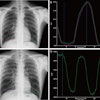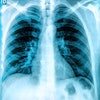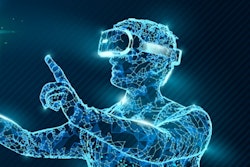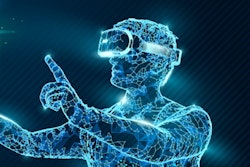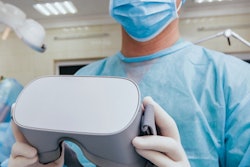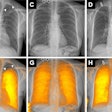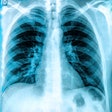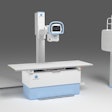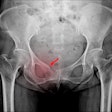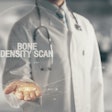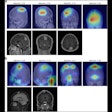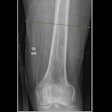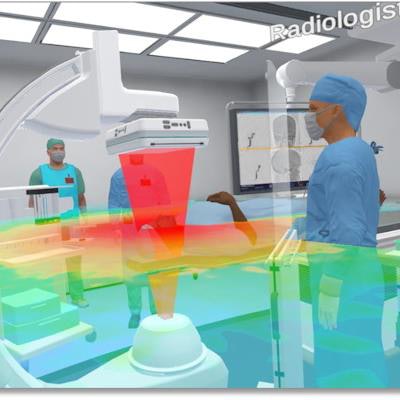
Most radiography and medical students appreciate the value of virtual reality (VR) simulation-based training to learn about radiation protection in the interventional radiology (IR) suite, according to research published online May 25 in Radiography.
After introducing 3D VR radiation dosimetry simulation software to a group of medical students and radiography students, a research team led by Prof. Louise Rainford of University College Dublin found that 80% enjoyed the experience. And nearly 75% reported that the software increased their confidence.
"Radiation dosimetry simulation-based learning in the 3D VR IR suite is perceived to be a valuable pedagogical tool by radiography and medical students and enhances curricula content," the authors wrote.
In their study, the researchers used a 3D VR program from Virtual Medical Coaching that's designed to improve understanding of radiation safety in IR. The program features a virtual IR room with a biplanar C-arm, an operating table, a patient undergoing an interventional procedure, two surgeons, an anesthetist and their assistant, a circulating nurse, a scrub nurse, and multiple pieces of equipment, according to the authors. Users can choose from neuro, abdominal, and cardiovascular procedure options.
The software visualizes the areas and intensity where radiation is present during the procedure, as well as the real-time effect on radiation dose to staff from, for example, moving away from the radiation source or utilizing lead shields or glasses, according to the researchers.
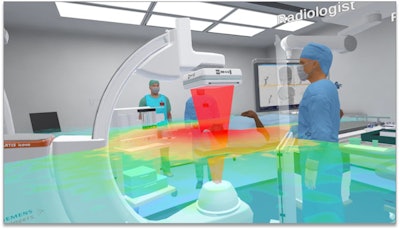 Demonstration of the radiation field and the radiation intensity in the 3D VR interventional suite. The intensity of the radiation field is represented by red for the highest intensity, moving through yellow, green, and finally, blue which depicts low intensity. Image and caption courtesy of Radiography through Creative Commons Attribution 4.0 International License.
Demonstration of the radiation field and the radiation intensity in the 3D VR interventional suite. The intensity of the radiation field is represented by red for the highest intensity, moving through yellow, green, and finally, blue which depicts low intensity. Image and caption courtesy of Radiography through Creative Commons Attribution 4.0 International License.The study included 35 fourth-year radiography students who received formal training and assessment, complemented with clinical placement. Meanwhile, 100 medical students used the software to informally practice similar 3D virtual activities, but without assessment. All participants were asked to complete an online questionnaire to provide their feedback. The researchers then applied Mann-Whitney U tests to assess the differences in perceptions between the two groups.
Of the participants, 49 (49%) of the medical students and 27 (77%) of the radiographer students completed the survey. Although most students were more confident after the VR training, its overall value was rated higher by medical students than radiography students.
The key results included the following:
- 80% of overall respondents enjoyed the 3D VR learning experience.
- 73% of overall respondents felt that VR enhanced their confidence.
- Medical students felt that VR learning had a greater impact on their confidence levels (U = 375.5, p < 0.01) compared with radiography students.
- Medical students indicated they found VR to be more valuable to their understanding of radiation safety (U = 375.5) as well as their clinical readiness (U = 219.5, p < 0.01).
- 87% of all students would recommend 3D VR as a learning tool to other students, with medical students being more likely to recommend it as a learning tool (U = 337.5, p < 0.001).
"As this research took place during the COVID-19 pandemic providing clinical experience at a time when actual clinical visits were difficult to access was valued and commented on by many participants," the authors wrote. "It was regarded that the 3D VR dosimetry system provides a clinical, practical, and career-focused learning."
Furthermore, many of the students felt that the technology could serve as a suitable tool for assessment in low-stakes examinations, according to the researchers.
"Overall, students felt their knowledge, understanding, and clinical readiness was enhanced through using this 3D VR radiation dosimetry software," the authors concluded.


